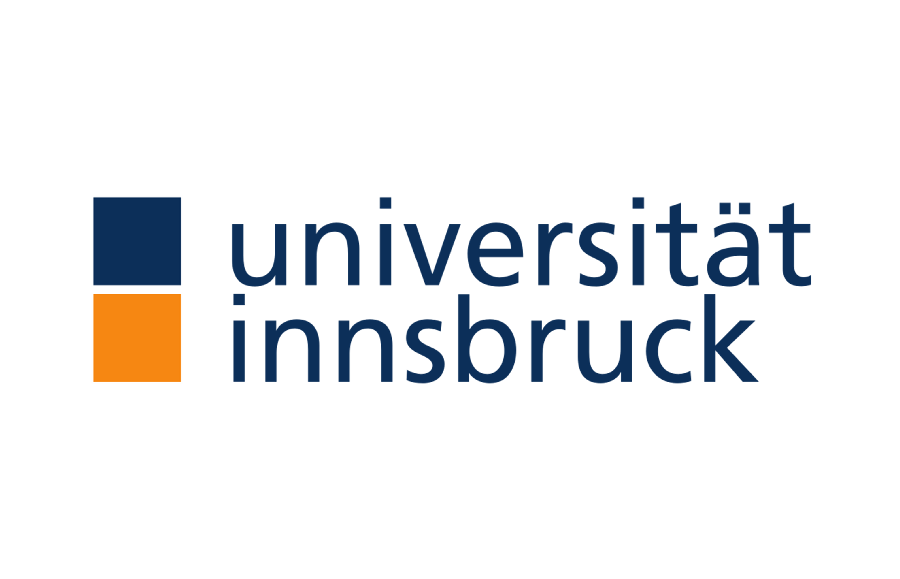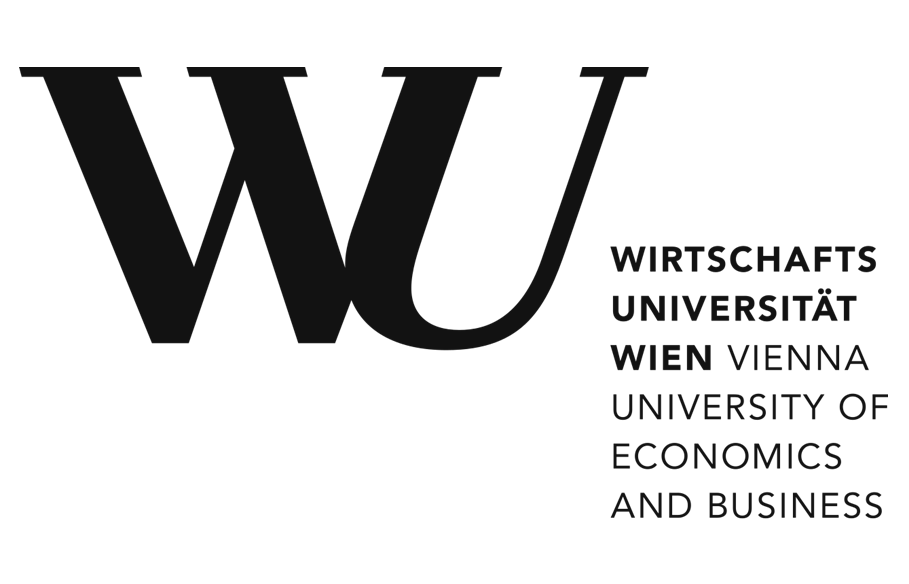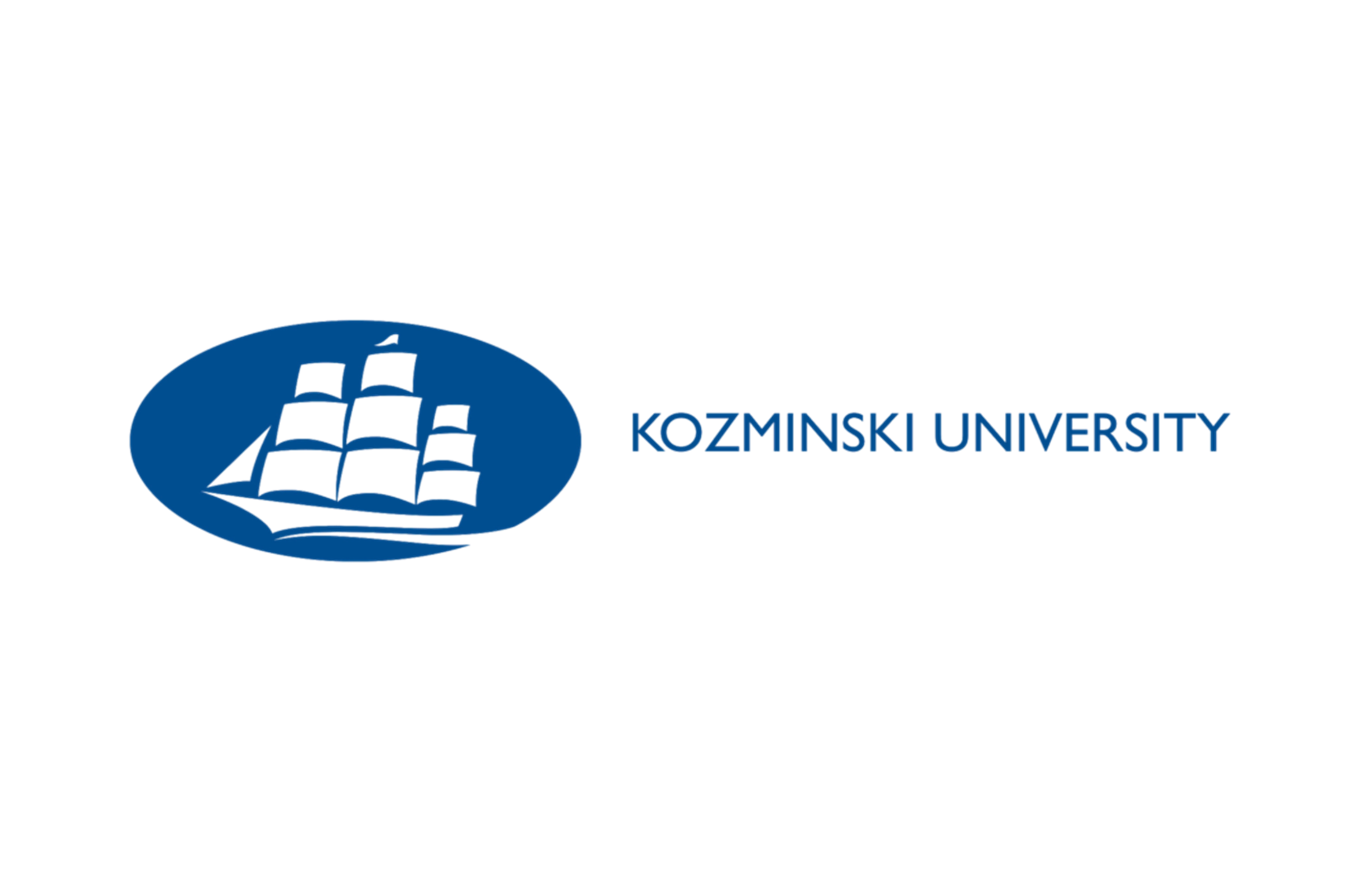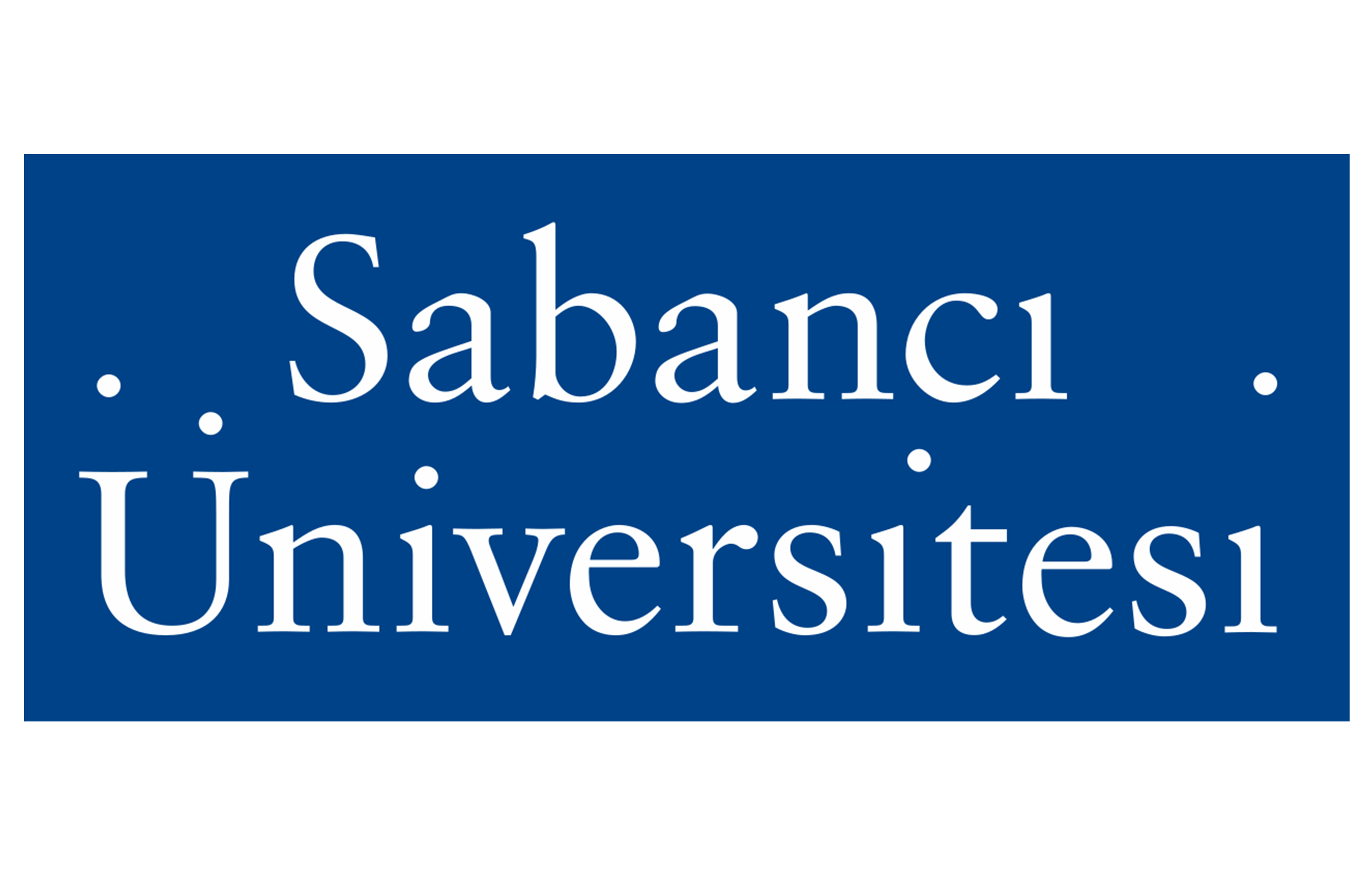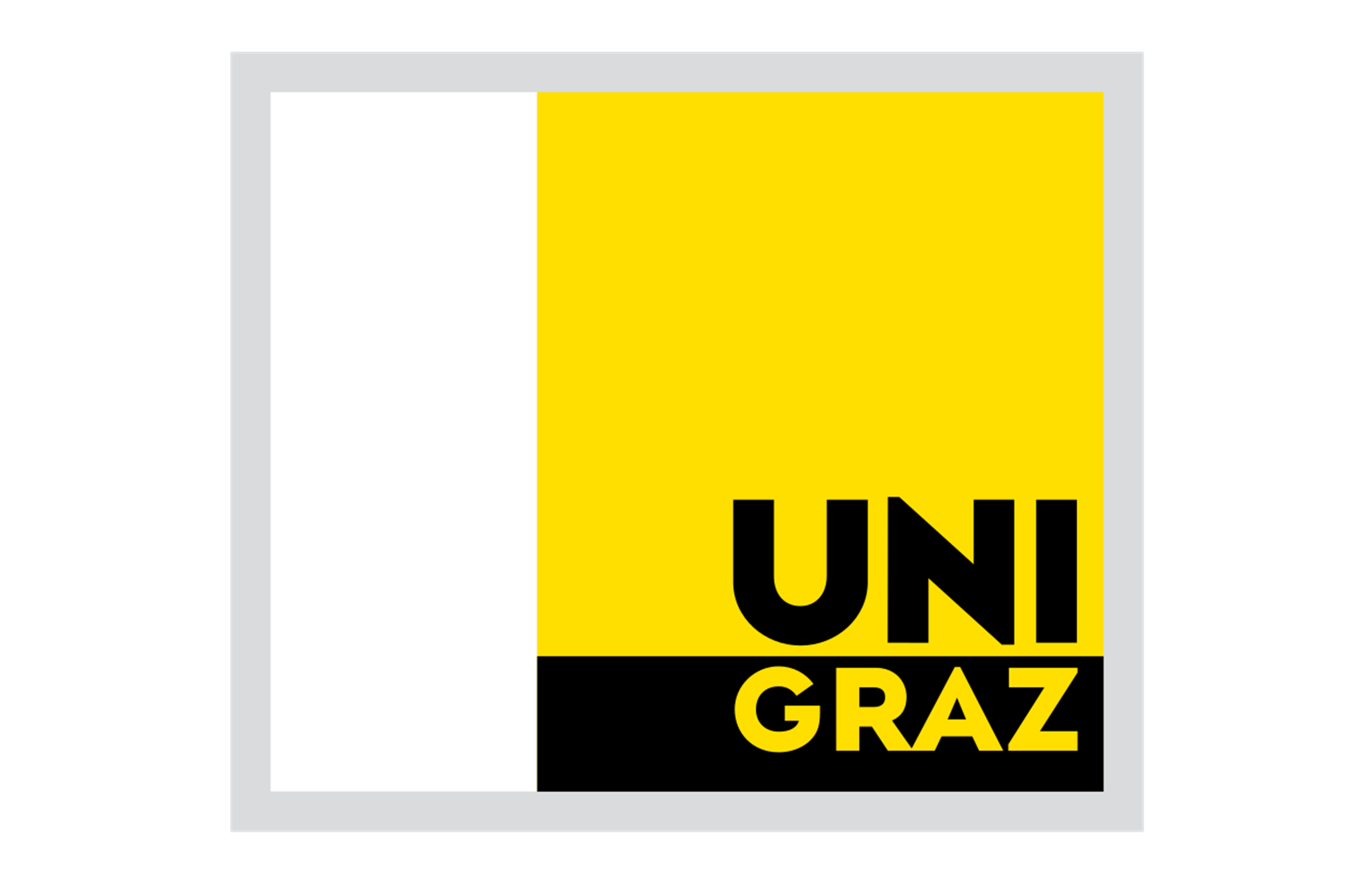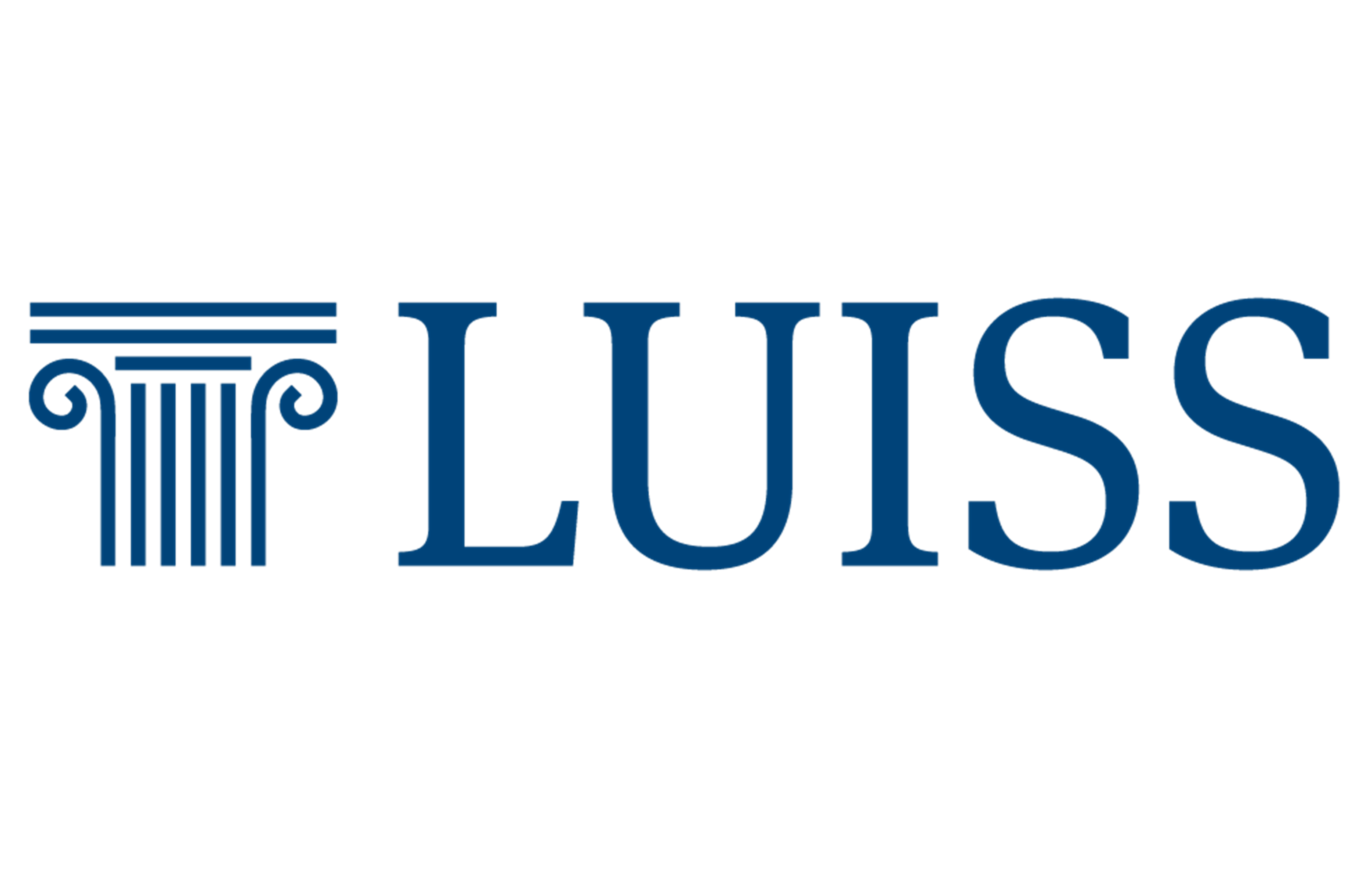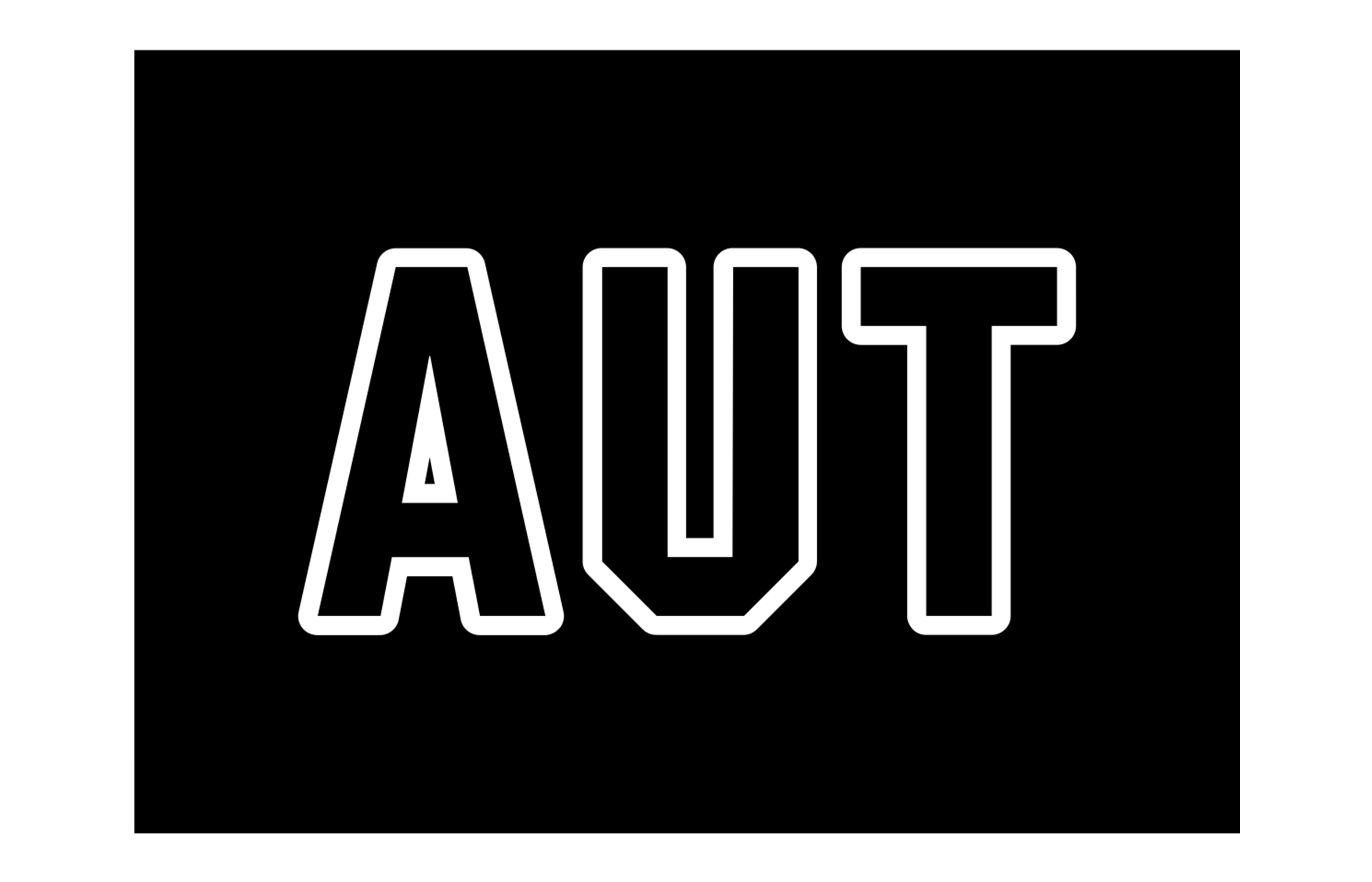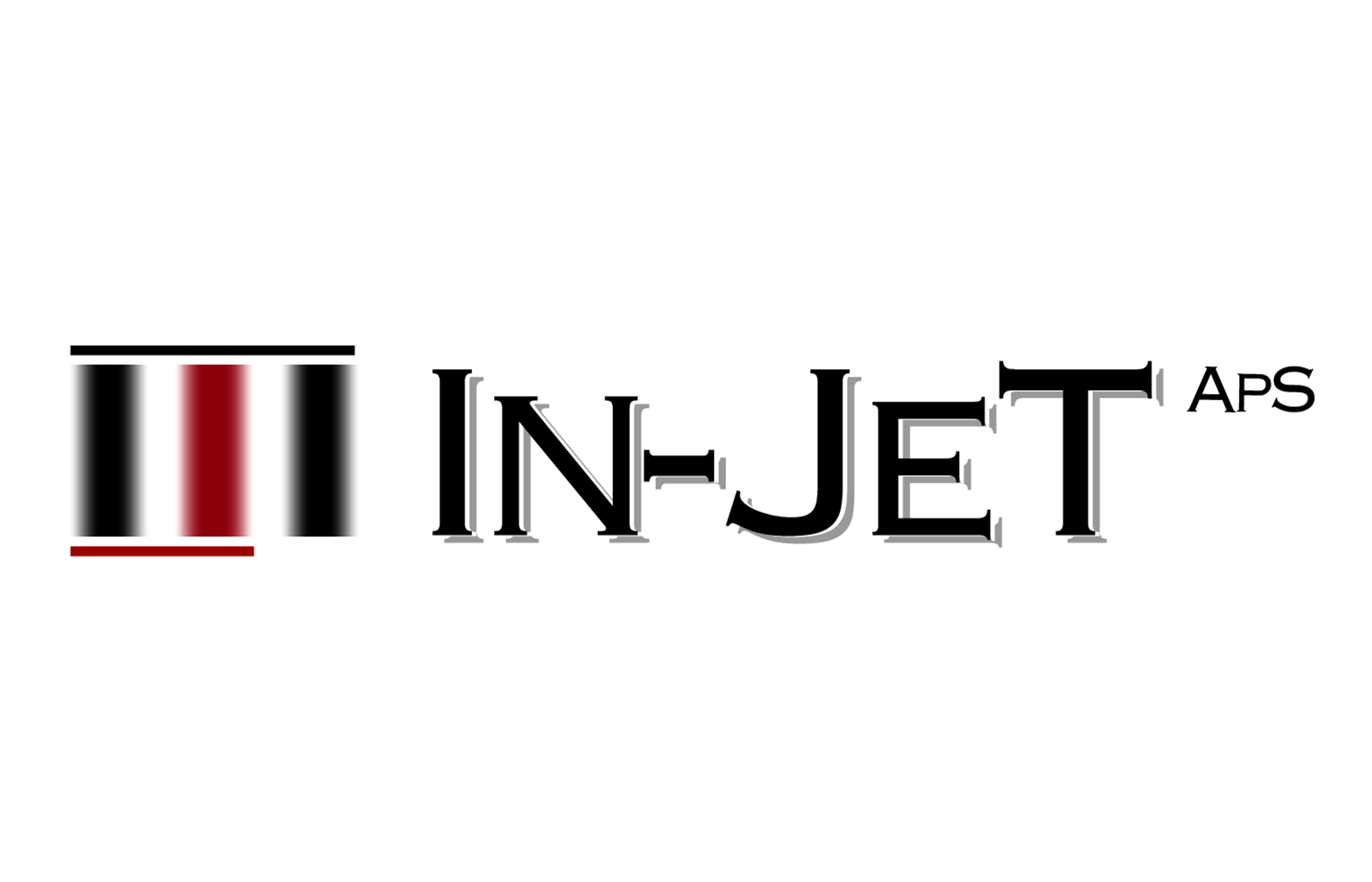How do you govern the creation and fair distribution of public goods as people interact and collaborate in their creation?
Governed by the rule of law, democratic states and institutions ensure fair and equal access to public goods. However, populism has gained momentum globally, challenging democracy and the rule of law. Driven by an in-group and out-group rhetoric, populists gain and maintain power by targeting institutions and interfering in creating and allocating public goods, in favour of particular groups. This creates countervailing pressures between the rule of law and populism, affecting the distribution of public goods.
VALPOP aims to study how the creation and distribution of public goods are impacted by rule-of-law governance structures, populism, and societal networks of actors such as politicians, media organisations, and companies. Our analysis takes a network perspective, considering these actors’ interactions, collaborations, and potential collusions, to get a multi-dimensional view of how public goods are valued.
The knowledge findings will not only help raise awareness of the role of societal networks and populism but also suggest measures that can strengthen the control mechanisms and civic engagement to safeguard the democratic governance of public goods.
Methodology
VALPOP will generate and publish data about societal networks and public goods outcomes in a contemporary and historical context. This will be achieved by developing an AI tool for the text-based identification of societal network structures and the importance of public goods in historical texts.
Based on the generated dataset, the project will examine how some layers of society manage to use networks to absorb public goods and transform them into club goods, focusing on the role that populist politicians play in this transformation.
From this research, VALPOP will create recommendations for measures to reduce the risk of societal networks absorbing the utility of public goods into elite groups.
